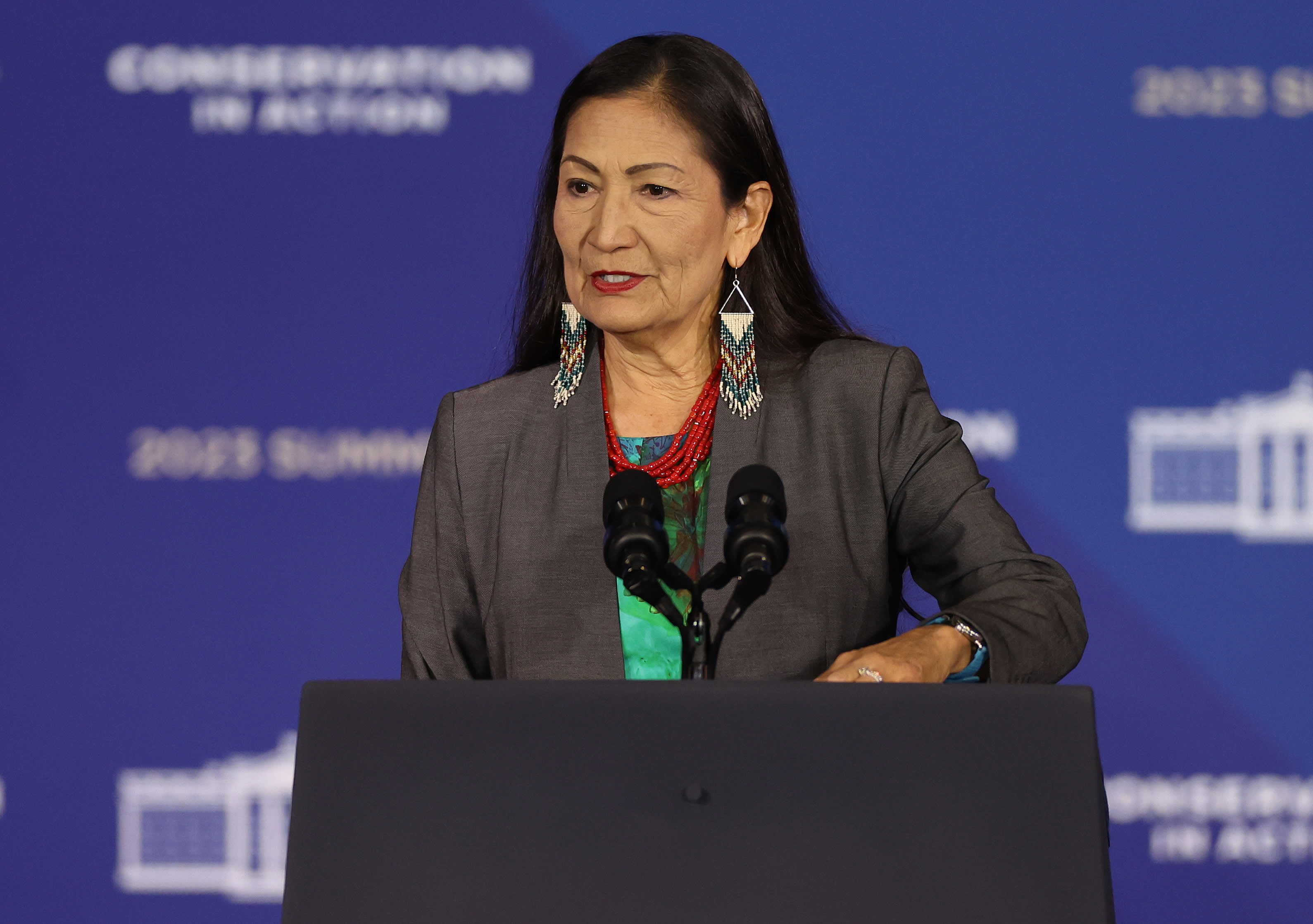There's likely another Illinois Capitol showdown on its way between the General Assembly and Gov. Bruce Rauner.
After Democrats in the Legislature bested the Republican in July by adopting a long-awaited budget, lawmakers return Tuesday to reconsider other flashpoint issues Rauner nixed.
The fall session will include possible override votes on core issues that have defined Rauner's nearly three years in office and come just a day after the conservative businessman announced his intention to seek a second term in November 2018.
Whether the contentious budget Democrats approved with support from an income-tax increase will jump to the forefront is uncertain. What's certain is the fight isn't over. Rauner has declared the state's first annual budget since he took office to be $1.7 billion out of balance.
He proposed budget cuts that a legislative analysis pins at $370 million — largely to programs popular with Democrats. And there's still as much as $1.2 billion from the year that ended June 30 that was spent based on the assumption of legislative appropriation authority that wasn't forthcoming.
Rep. Greg Harris, a Chicago Democrat and House budget negotiator, said the budget approved in July included authority to pay those old bills with the new budget, but at the expense of paying incoming bills.
"They could pay those bills out of current-year appropriations, but that means at some point in the next couple of months, they'll run out of money for the rest of fiscal year '18. It's a huge problem," Harris said.
Local
Potential veto overrides are no less a headache for either side. Lawmakers can create laws despite a governor's veto with a three-fifths majority override vote.
Up for potential overrides is legislation that would prohibit local "right to work" zones that unions oppose and Rauner continues to champion.
Another measure, pushed by Democratic Comptroller Susana Mendoza, would require state agencies to report monthly on the bills they've incurred but not yet sent to the comptroller for processing. Mendoza said it would help her budget for paying down a $16.3 billion pile of past-due bills.
A plan Rauner rejected that would increase the minimum wage to $15 by 2022 awaits action, as does a proposal to require companies writing workers' compensation insurance to get state approval for the premiums they charge.
Democratic Attorney General Lisa Madigan's legislation to create a "bill of rights" for student-loan recipients is up for override, as is a measure from Democratic Treasurer Michael Frerichs to make it easier to collect life insurance benefits when a beneficiary dies.



